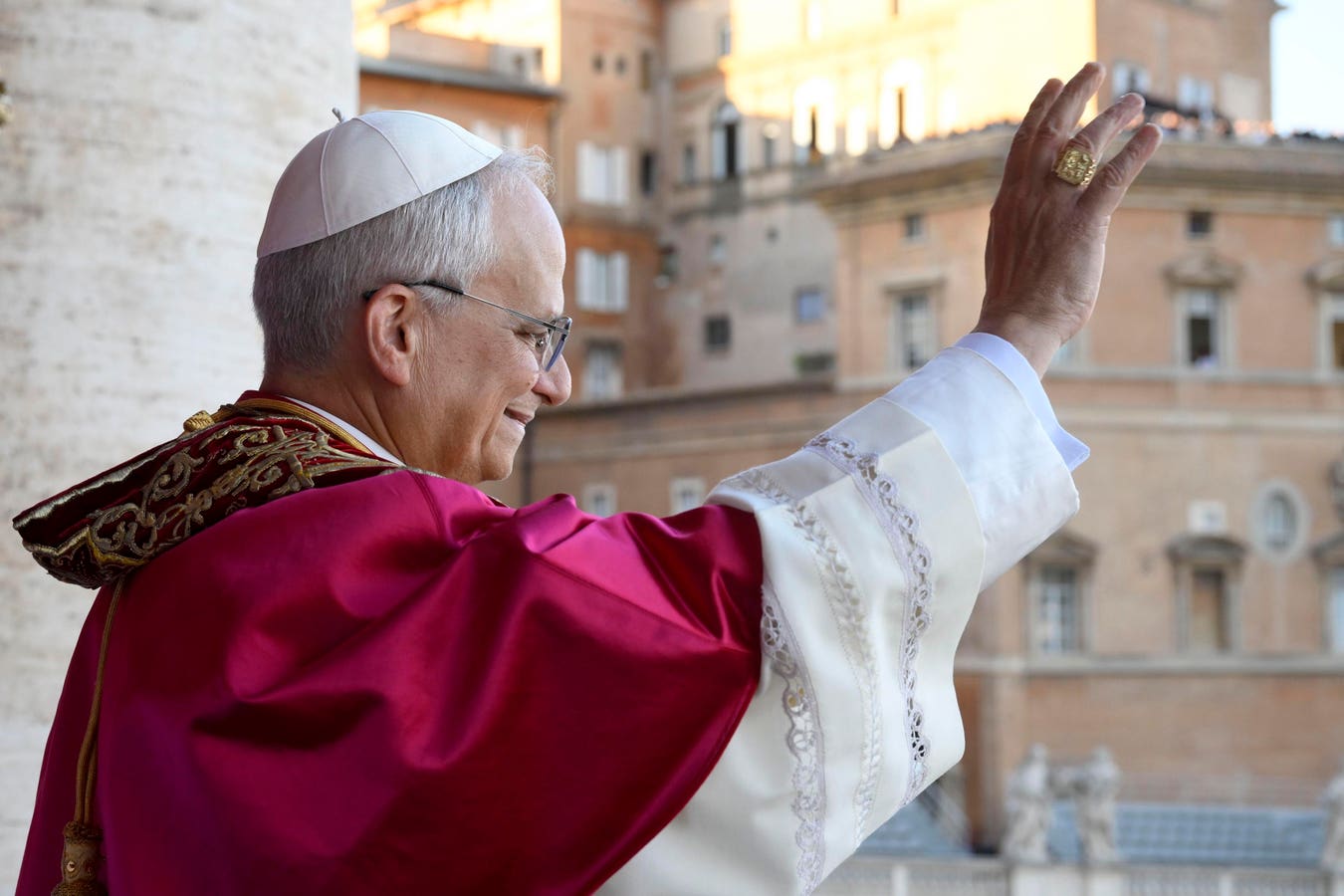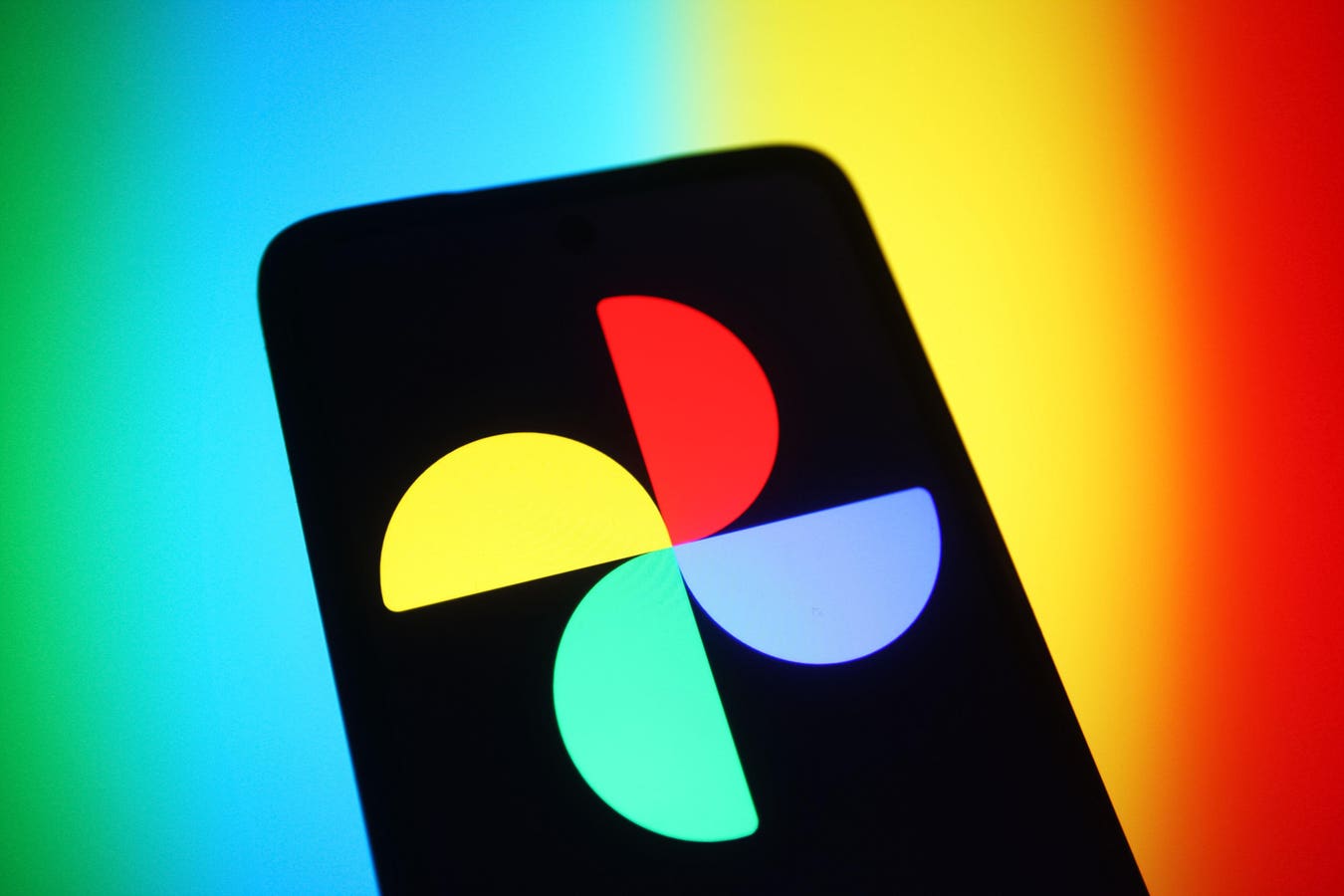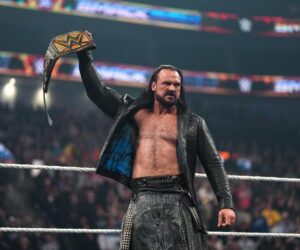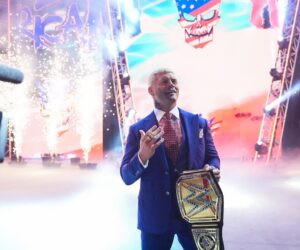Newly elected Pope Leo XIV has already referenced artificial intelligence as a key issue facing … More
Artificial intelligence played a role in Pope Leo XIV’s name selection, the newly elected leader of the Catholic church said on Saturday. And no, ChatGPT didn’t pick it for him.
In his first formal address to the College of Cardinals following his election on Thursday, the Chicago-born Robert Francis Prevost spoke of how his namesake Pope Leo XIII led the church from 1878 until 1903 during a pivotal period that saw the development of the automobile and airplane and the growth of steel production. In his remarks to the cardinals who elected him, the pope likened the transformational change of his predecessor’s era to today’s technological advancements dominated by AI.
“Pope Leo XIII, with the historic Encyclical Rerum novarum, addressed the social question in the context of the first great industrial revolution,” Pope Leo said. “Today, the Church offers to all her treasure of social teaching in response to another industrial revolution and the developments of artificial intelligence.”
Pope XIII issued his famous 1891 Rerum novarum, or Rights and Duties of Capital and Labor, as an open letter to Catholic leadership addressing the need for just and humane conditions for the working class amid rapid industrial expansion.
”In our own day, the church offers to everyone the treasury of her social teaching in response to another industrial revolution and to developments in the field of artificial intelligence that pose new challenges for the defence of human dignity, justice and labor,” the new pope told the cardinals who elected him on day two of the papal conclave. A few days earlier, President Donald Trump shared an AI-generated image of himself in papal attire after joking that he would like to be pontiff.
Not The First Papal Voice On AI
In addressing AI, Pope Leo XIV follows in the footsteps of late Pope Francis, who on several occasions spoke of the dangers, opportunities and ethical concerns of the technology. Pope Francis himself fell victim to AI fakery in 2023 when an AI-generated of him in a designer white puffer jacket went viral, and during a speech in Vatican City in January 2024, he warned about the rise of “images that appear perfectly plausible but false (I too have been an object of this).”
At the G7 conference later that year, he spoke extensively about AI’s threat and promise, urging world leaders to develop “algor-ethics,” or principles governing the ethical use of algorithms, that are “capable of finding support from cultures, religions, international organizations and major corporations.”
Pope Leo XIV and Pope Francis were friends, and on Saturday, the new pope paid tribute to his predecessor, citing Francis’ simplicity and dedication to service. “Let us treasure this precious legacy and resume our journey,” he said, “animated by the same hope that comes from faith.”
On Saturday, the new pope underscored themes emphasized by Pope Francis: popular piety, care for the poor and courageous engagement with the world — of course, the need to respond to the digital revolution.








